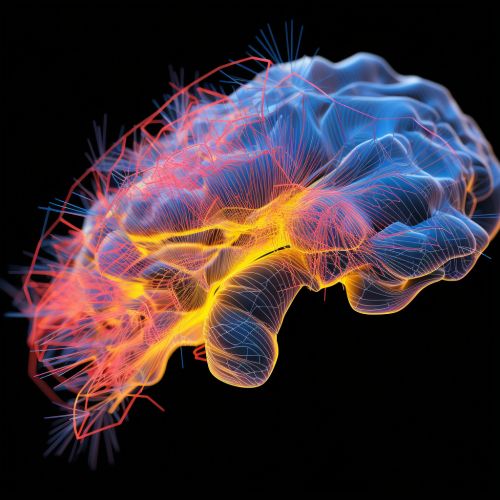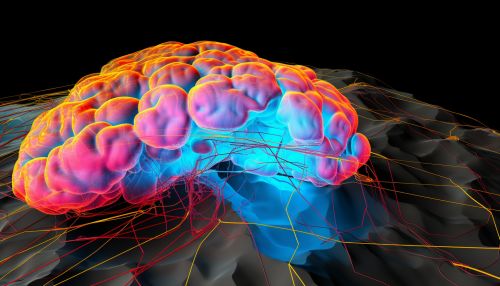Cognitive Neuroscience of Cognitive and Psychological Testing
Introduction
Cognitive neuroscience is a branch of neuroscience that studies the biological processes that underlie cognition, especially those that involve the brain. This field of study focuses on how the brain influences cognitive processes such as perception, memory, and attention. Cognitive and psychological testing are tools used within this field to measure and understand these processes.


Cognitive Neuroscience
Cognitive neuroscience is an interdisciplinary area of study that combines the biological sciences with cognitive psychology. It seeks to understand how the brain implements the information-processing functions that constitute cognition. This field employs a variety of methods including psychophysical experiments, cognitive psychology tasks, neuroimaging, and neuropsychology to explore how mental functions are produced by brain activity.
History
The field of cognitive neuroscience has roots in both psychology and neuroscience. The term "cognitive neuroscience" was coined by Michael Gazzaniga and George Armitage Miller in 1976. The field has grown rapidly since the late 20th century, spurred by advances in neuroimaging technology such as functional magnetic resonance imaging (fMRI) and positron emission tomography (PET), which allow researchers to visualize brain activity in humans.
Key Concepts
Cognitive neuroscience is based on several key concepts. One is the idea of brain plasticity, the ability of the brain to change its structure and function in response to experience or damage. Another is the concept of lateralization of brain function, the idea that certain mental processes are mainly managed by one hemisphere of the brain. For example, in most right-handed individuals, language processing is predominantly managed by the left hemisphere.
Cognitive and Psychological Testing
Cognitive and psychological testing are methods used in cognitive neuroscience to measure cognitive functions and psychological constructs. These tests are designed to assess specific cognitive abilities, such as memory, attention, language skills, and executive functions, as well as psychological constructs such as personality traits, mood states, and psychopathology.
Types of Tests
There are many types of cognitive and psychological tests. Some of the most commonly used include:
- Intelligence Quotient (IQ) tests: These tests are designed to measure a person's intellectual capabilities.
- Memory tests: These tests assess a person's ability to remember information.
- Attention tests: These tests measure a person's ability to focus and maintain attention.
- Personality tests: These tests are used to assess a person's personality traits and characteristics.
- Mood tests: These tests are used to assess a person's current emotional state.
Test Administration and Interpretation
Cognitive and psychological tests can be administered in various settings, including clinical, educational, and research environments. The administration of these tests typically involves a trained professional who guides the individual through the test. The results are then interpreted by the professional, often in conjunction with other information about the individual, such as their medical history or behavioral observations.
Intersection of Cognitive Neuroscience and Cognitive and Psychological Testing
Cognitive neuroscience and cognitive and psychological testing intersect in many ways. Cognitive neuroscience provides the theoretical and empirical foundation for understanding the brain mechanisms that underlie the cognitive and psychological constructs measured by these tests. Conversely, cognitive and psychological testing provides tools for measuring the cognitive functions and psychological constructs that cognitive neuroscience seeks to understand.
Applications
The intersection of cognitive neuroscience and cognitive and psychological testing has many applications. In clinical settings, cognitive and psychological tests can be used to diagnose and monitor neurological and psychiatric disorders. In research settings, these tests can be used to investigate the neural mechanisms underlying cognition and emotion. In educational settings, they can be used to assess learning disabilities and develop individualized education plans.
Challenges
Despite the many benefits of integrating cognitive neuroscience and cognitive and psychological testing, there are also challenges. One challenge is the need for more sophisticated tests that can capture the complexity of human cognition and emotion. Another challenge is the need for more research to understand the neural mechanisms underlying the constructs measured by these tests.
